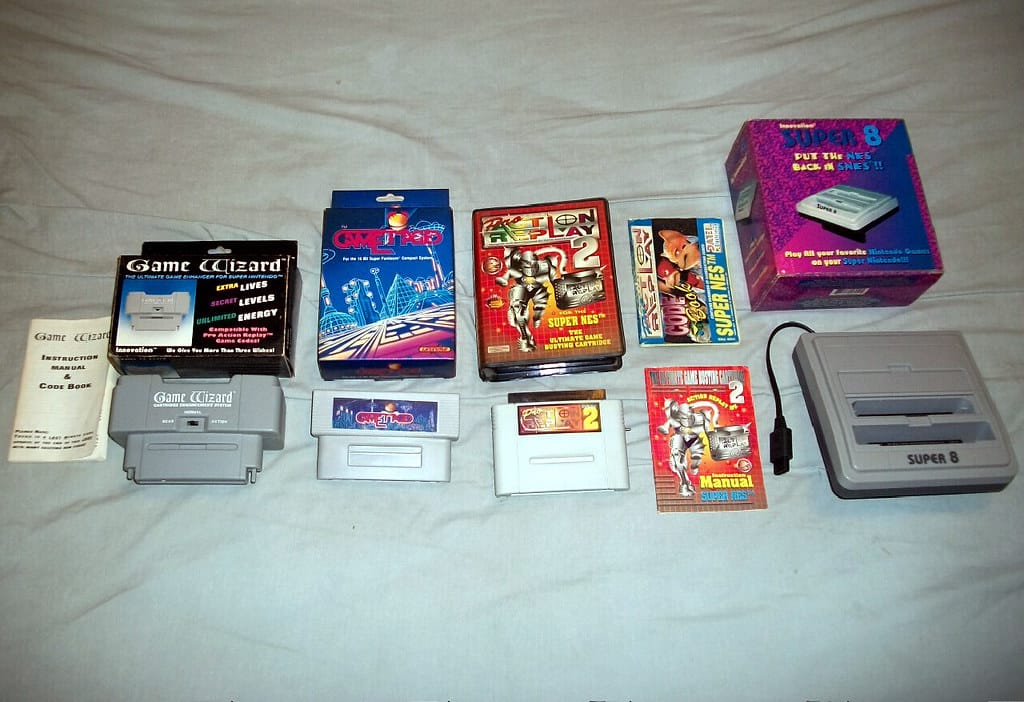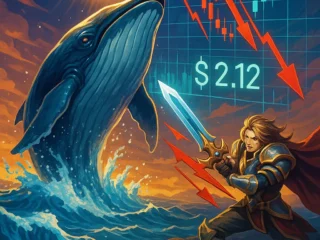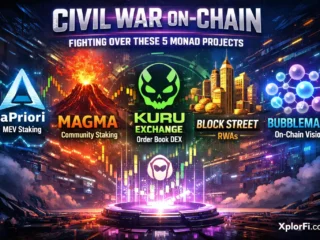An Unlikely Quest: From Player to Lifelong Gaming 2025

A Journey Through Gaming and Cognitive Growth
Yo, what’s good? Let’s talk about something gaming real for a sec. You ever feel like your brain’s got a low-battery warning, and you just can’t seem to level up? Kinda like your mind is a busted Tamagotchi that’s been ignored for weeks. You’re feeding it, you’re trying to keep it alive, but it’s just… vibing. But what if I told you the secret to getting your brain back on its A-game might just be that old PlayStation 2 collecting dust in your closet? Bet.
This isn’t just some random thought I had after a long night of grinding in Elden Ring. Nah, this is a whole journey. It all started when my kids, who are way into the digital world, started bugging me about the games I used to play. My daughter, a legit digital native, hit me with a question that made me feel ancient: “What were games like before Fortnite?” That simple question opened up a whole time-warp, and before I knew it, we were digging through boxes in my parents’ garage like we were on a treasure hunt.
The Hidden Power of Video Games
And man, we found some gems. My old NES, a clunky PS1, the N64 with its weird three-pronged controller, and my beloved PlayStation 2. Just holding them brought back a flood of memories. I used to think of gaming as just a fun way to kill time, but seeing those dusty consoles made me realize it was so much more. It was a legit part of my childhood.
My mom, bless her heart, even chimed in, “You spent more time on that thing than on your homework.” And she wasn’t wrong. But that’s when the lightbulb went off. Gaming wasn’t just a distraction; it was a constant in my life, a source of joy and creativity. It’s how I connected with friends, how I navigated awkward phases, and how I explored worlds I’d only ever dreamed of.
The more I thought about it, the more I realized this wasn’t just my story. We’re talking about a whole generation that grew up with controllers in their hands. That’s a huge time investment. Spending an hour a day playing games for your whole life? That’s about 5% of your waking hours. That’s no joke. So, the big question started bouncing around in my head: What if all that time wasn’t just being spent, but being invested?
The Future of Gaming
My crew at the University of California, Santa Barbara, has been grinding on this question for a minute—like, two decades. And we’ve got some findings that might blow your mind. Most commercial games? They’re cool, but they won’t necessarily make you a genius. But action video games? They’re a different breed. These are the games that demand your full attention, where you’re constantly reacting to a barrage of enemies or a fast-moving environment.
Think of first-person shooters, or any game where things are popping off non-stop. Our research suggests these games are like a boot camp for your brain, specifically for perceptual attention. They enhance your ability to notice things quickly and accurately. The secret sauce? Instant feedback and ever-changing difficulty. It’s like your brain is a muscle, and these games are constantly giving it a new workout.
Imagine your brain is like Gohan from the Cell Saga. He’s got all this raw power, but he needs to train to unlock it. Gohan’s daily activities aren’t just chilling; they’re training. He’s studying, but his mind is also constantly processing information, solving problems, and getting ready for the next big challenge. Playing an action game is your own hyperbolic time chamber. The fast-paced, high-stakes environment forces you to make split-second decisions and react with precision. That’s your brain going Super Saiyan.
It’s not just about what you’re doing, but how you’re training your mind to do it. Just like Gohan, you’re sharpening your skills, and that training pays off when you’re out of the game and facing daily challenges, like remembering where you put your keys or catching a subtle detail in a conversation.
The influence of video games goes way beyond just blowing off steam. At their core, they’re this crazy mix of art, storytelling, and interactive tech that can literally reshape your brain. We’ve known for a while that games can boost cognitive skills, but the full extent of their power is still being unlocked. Our research has shown that not all games are created equal. That’s why we zeroed in on the genres that deliver the most bang for your buck, mentally speaking.
Action games, with their dynamic environments, force your brain to get faster and more flexible. This is a real thing, and it’s called brain plasticity. Your brain is literally changing and adapting based on the experiences you give it. This is why skills like attention, perception, and mental flexibility get a huge boost from all that time spent in a virtual world.
This whole journey led us to an even wilder idea: what if we could design games specifically to make us smarter? We teamed up with the homies at New York University’s CREATE Lab, and it was a total game-changer. We started creating games that weren’t just for fun, but were engineered to build specific mental skills. Take “All You Can ET,” for example. This game throws different rules at you and forces you to switch your thinking on the fly. It’s not just a game; it’s a test for your brain’s task-switching skills.
And get this—playing it for just two hours can seriously improve your ability to multitask and switch between different tasks, which is a key skill for everything from schoolwork to managing a chaotic day at the office.
These educational games aren’t just random. They follow a clear set of design principles:
- Laser Focus: They target one specific skill.
- Rep and Repeat: They give you repeated practice and instant feedback.
- Level Up: They constantly increase the challenge so you never get bored.
- Real World Transfer: They let you apply the skill in different situations.
- Gotta Be Fun: They’re designed to be straight-up enjoyable.
These principles are the blueprint for the future of gaming. The line between what’s considered “fun” and what’s considered “learning” is getting blurry, and that’s a good thing. Our research is just scratching the surface of what’s possible. We might be on the verge of a whole new era where playing games, studying, and developing our mental abilities are all part of the same thing. The collaboration between academics and game creators is gonna lead to some next-level innovations.
So, from digging through my childhood memories to understanding the deep cognitive impact of gaming, this journey has been a total eye-opener. It’s a call to reframe how we see video games—not as a time-wasting hobby, but as a powerful tool for growth and development. The more we explore this stuff, the closer we get to unlocking the full potential of video games as a legit force for good in our lives.
The future of gaming looks promising, and its role in shaping our minds is a topic that’s only going to get more lit. So next time someone gives you grief for gaming, just tell them you’re in the hyperbolic time chamber, training to go Super Saiyan. You’re not just playing; you’re leveling up your brain. And that’s a W.
Which one are you watching, Xplorianz? Drop your take on the most underrated pick this week in the comments!. Slide into our inbox Facebook, or tag us on X . Stay sharp, stay weird, and keep Xploring Disclaimer:
This article is for informational and entertainment purposes only and does not constitute financial advice. Always do your own research (DYOR) before making any investment decisions, your money, your call. Crypto’s wild, so stay sharp out there!
Read More:
Top 2025 Premium Cloud Mining Services: Earn Reliable Passive Crypto Income







No Comments